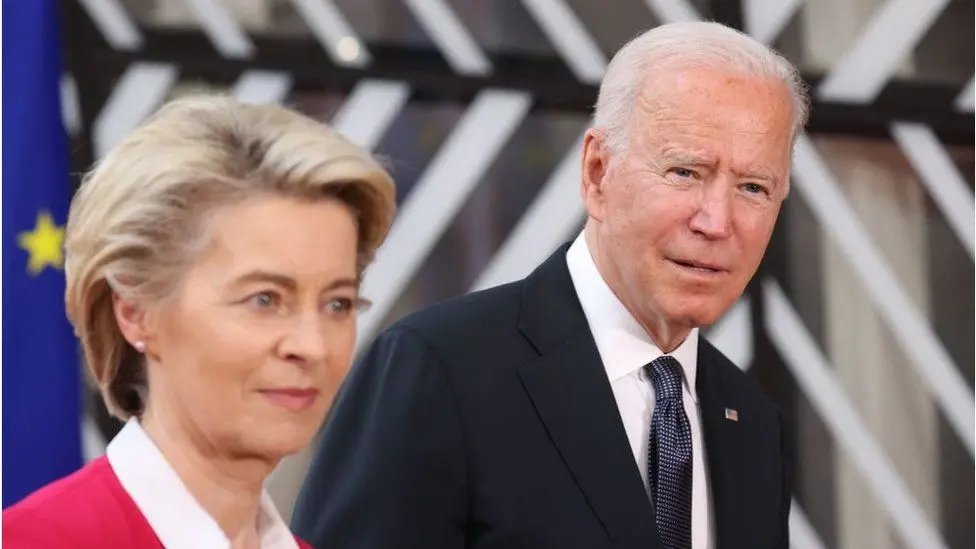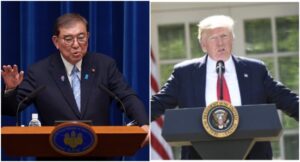
The President of the United States Joe Biden and the European Commission President, Ursula von der Leyen are scheduled to meet at the White House on Friday to discuss trade tensions.
According to CNN, officials said the dispute on trade is technical but highly contentious which comes at a moment – a year into Russia’s invasion of Ukraine – when unity between the US and its European allies is already being tested.
The quarrel centres on a provision of Biden’s landmark Inflation Reduction Act that provided tax credits for electric vehicles.
The law stipulates in order to qualify for the credit, the vehicles must source a percentage of the material for their batteries from North America or countries with a free trade agreement with the US – which the EU does not.
It also said the law has infuriated some of the United States’ top allies, like the EU, who say their countries are being castigated.
The timing is inopportune, as Biden works to maintain transatlantic unity as the war in Ukraine enters a second year.
In their talks in the Oval Office on Friday, Biden and von der Leyen plan to discuss the matter and announce a new set of negotiations that, if successful, would allow European companies to benefit from the Biden law and reduce both US and EU dependence on China.
They will also discuss the ongoing war in Ukraine, including plans for deeper cooperation in enforcing sanctions against Russia and third-party countries who are supporting Moscow’s invasion.
That could soon include China, which US officials have warned is considering providing lethal aid to Russia.
Yet it is the transatlantic economic issues that will form the centre of the talks, particularly the disagreement over Biden’s climate law, which European officials have slammed as protectionist.
The potential agreement the two leaders will announce would centre on the critical minerals that are necessary for electric vehicle batteries, perhaps unlocking for Europe some of the Inflation Reduction Act’s benefits.
If not resolved, the issue could potentially spiral into competing subsidies that neither side wants, and add to strains caused by the war in Ukraine.
“What we want to do is maximize the amount of deployment, maximize the speed of that deployment, and do so in a way that builds each of our respective industrial bases. That isn’t going to happen if our incentives and their incentives are misaligned, and compete with one another in a zero-sum way,” a senior US administration official said ahead of the meeting.








